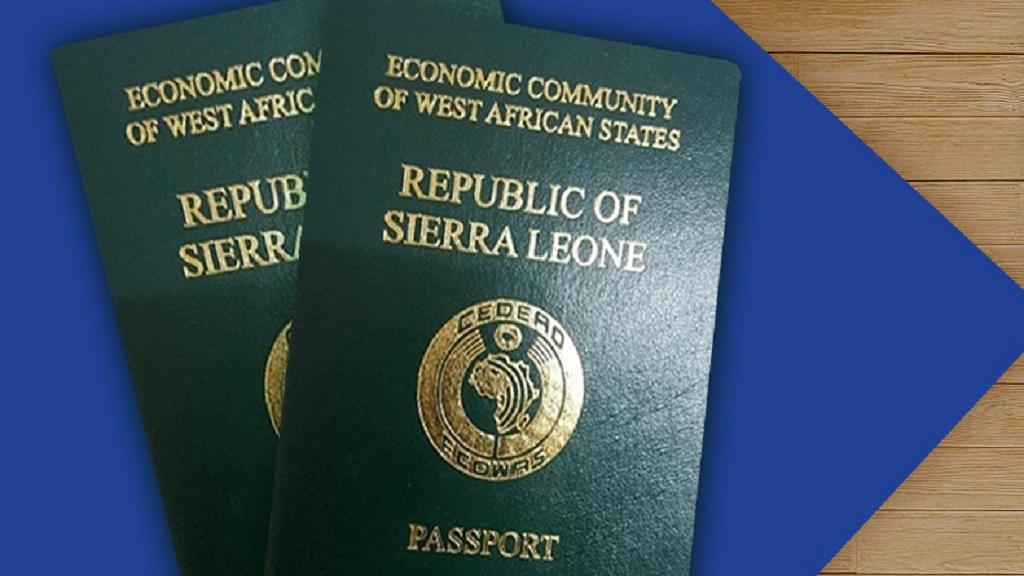The 2022 Auditor General’s report published in December last year has exposed an outstanding Royalty not Paid by Netpage, a company contracted by the government of Sierra Leone to print the country’s e-passport. The report stated that “Contrary to Section 1 (1.4) of the contract change note No. SID1178.008 between the Government of Sierra Leone and the HID CID Limited, which states that from January to December 2022, an approved royalty payment of 8% per sale of each e-passport shall be paid to the Government of Sierra Leone by Netpage(third-party representative of HID CID Limited). We observed that an outstanding royalty of US$429,627 was not paid to the Government of Sierra Leone for e-passports produced in 2022. We recommended that the Executive Director, Netpage, should expedite the payment of the outstanding royalty into the CF, and evidence of payment submitted to the ASSL.”
In Netpage’s official response, the Auditor General’s report stated that “Royalties are paid directly to the Consolidated Fund. There are ongoing negotiations with Netpage and the Ministry of Finance on the outstanding amount for the period under review.”
However, the Auditor’s Comment stated that “Evidence of payment of outstanding royalty to the Government of Sierra Leone by Netpage was not made available. The issue remains unresolved.”
Although the Representative of Netpage, Jamal Shallop, informed the media investigating team that the issue is being addressed at the Ministry of Finance and showed documents addressing the issues at hand, sources at the Ministry of Finance stated that the failure of Netpage Sierra Leone to pay the royalty of US$429,627 to the government of Sierra Leone for e-passports produced in 2022 could have several ripple effects, noting that it may lead to a shortfall in government revenue, impacting the ability of the government to fund essential services and projects. This could potentially cause strain on public services, infrastructure development, and other government initiatives.
He continued that the failure to receive expected royalty payments could undermine public trust in the government’s ability to effectively manage contracts and business agreements, which could hurt the country’s business environment and potentially deter future investors and businesses from engaging in similar ventures.
“If the government relies on this royalty income for budgetary purposes, the failure to receive these funds could disrupt government spending plans, potentially leading to budget deficits and the need for alternative revenue sources or cost-cutting measures,” he stated and continued that the non-payment of royalties could also strain the relationship between the government and the company, potentially leading to legal disputes or contractual issues. This may result in additional costs and resources being expended to resolve the situation through legal or diplomatic means.”
“Overall, the failure to pay the royalty could have wide-ranging implications on the country’s finances, governance, and business environment, impacting various sectors and stakeholders within Sierra Leone,” he stated.
